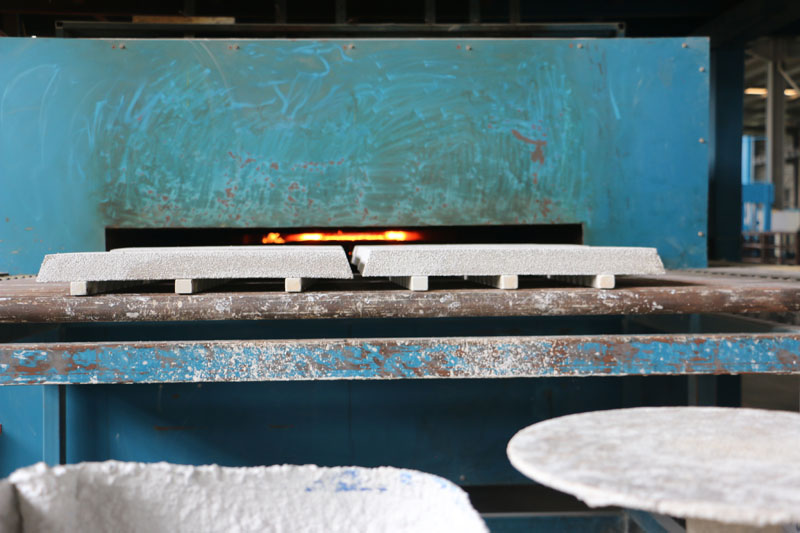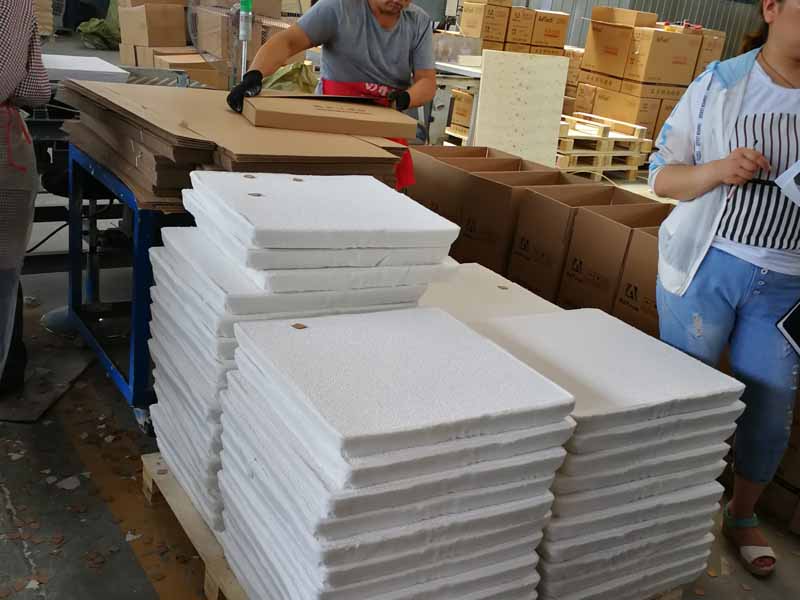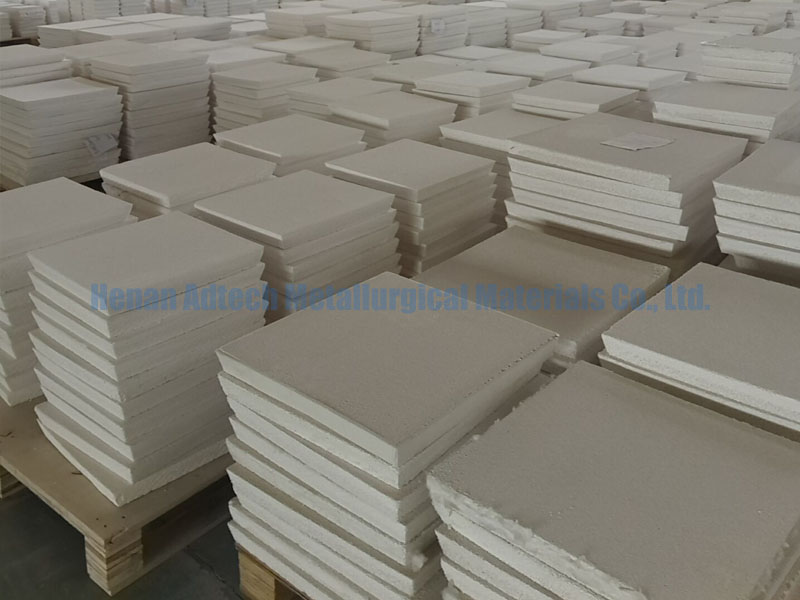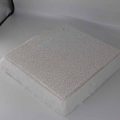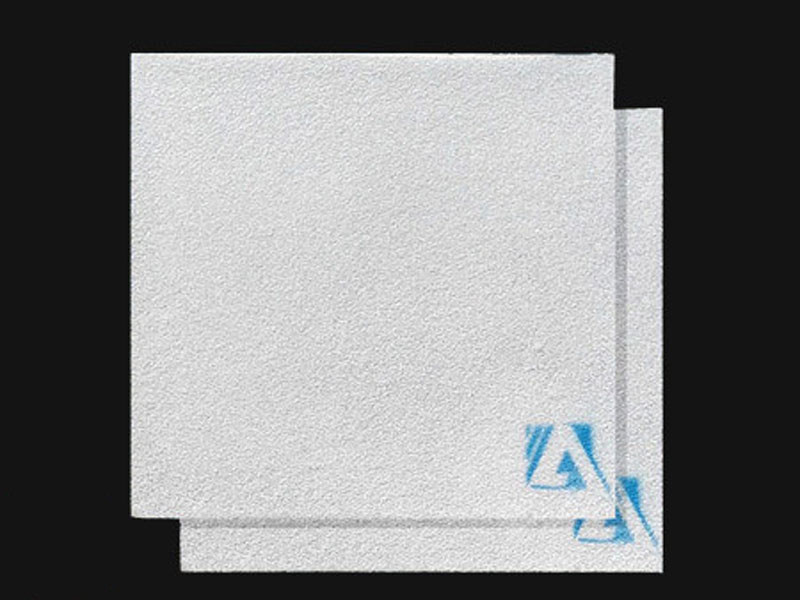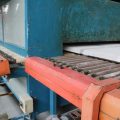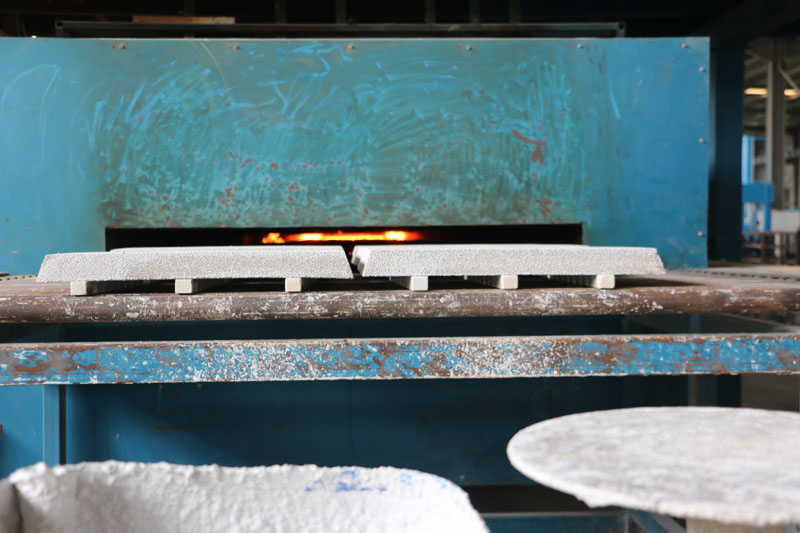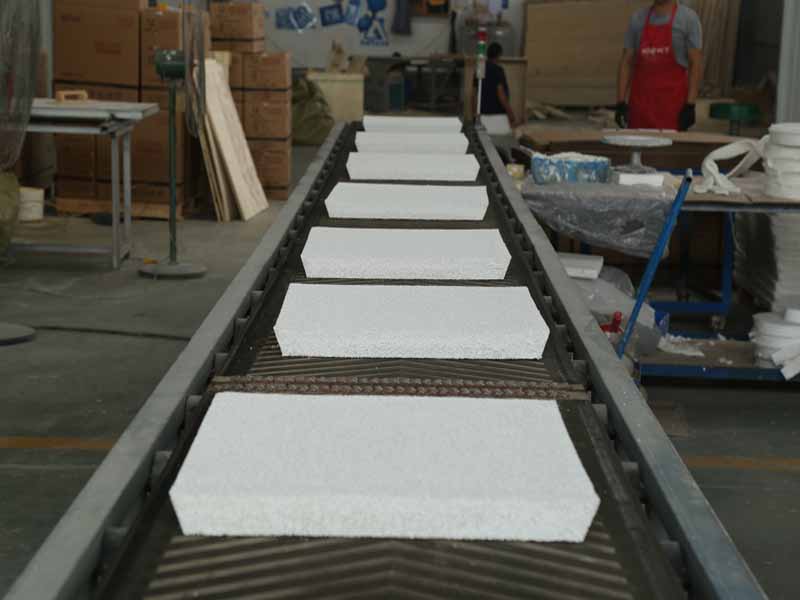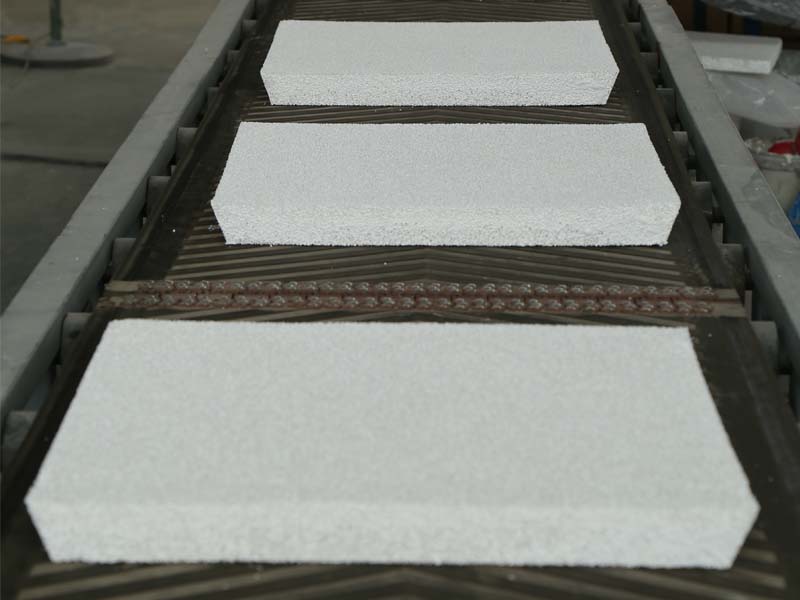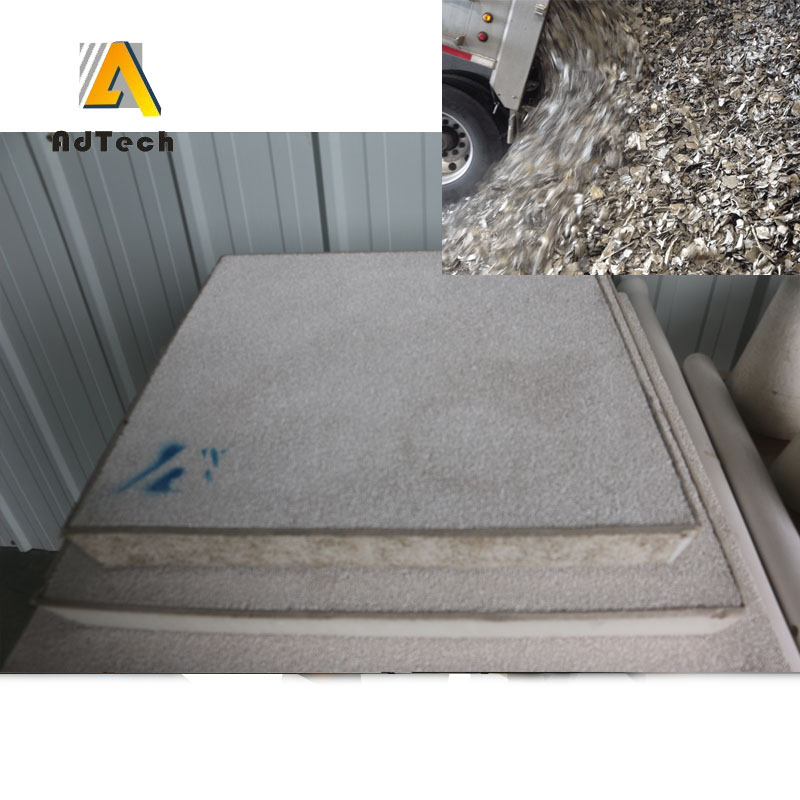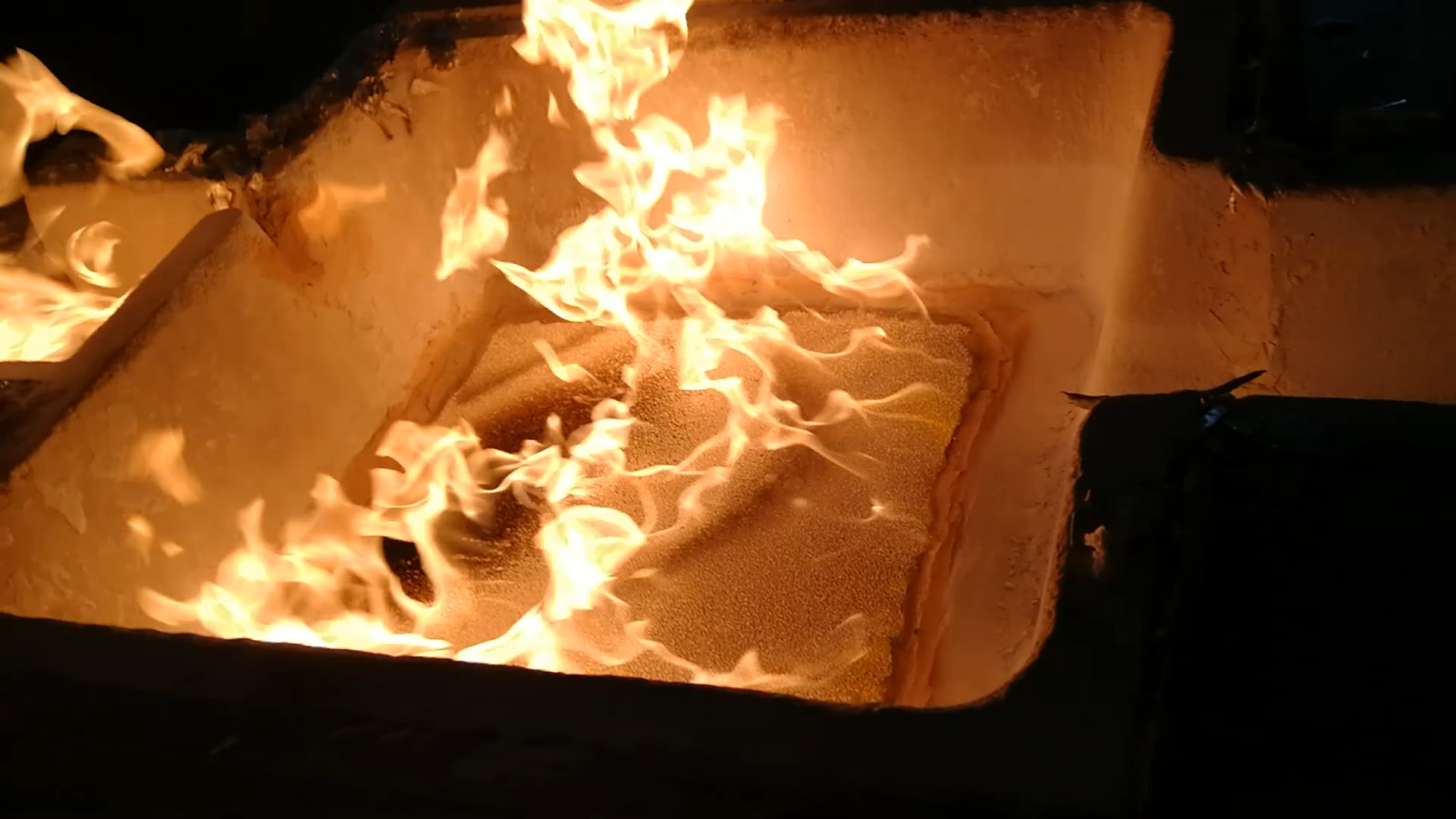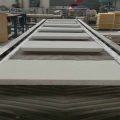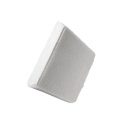Ceramic Foam Filter Manufacturers China can provide 50,000 pieces of Ceramic Foam Filter per month. If you need, please contact sales@adtechamm.com to get quotations and delivery dates from Chinese suppliers.
The production of aluminum ingots and billets used by Ceramic Foam Filter to manufacture high-quality aluminum products requires that molten aluminum be relatively free of inclusions, such as insoluble solids or immiscible liquid impurities.
This is to ensure that the downstream processed ingots or billets meet the stringent requirements of high-quality products, such as rigid and flexible packaging materials, aerospace products (extruded parts, plates, plates, forgings), photolithography, automotive condenser tubes and Bright trim.
In the production process of molten aluminum, insoluble impurities or inclusions are generated during the entire reduction, maintenance, alloying and casting process.
Ceramic Foam Filter can be used to make aluminum plates and rolled ingots for plates. Ceramic foam filter is an integral, disposable or disposable filter for single casting.
The filter has a pore size of 4 to 28 holes per centimeter (10 to 70 holes per linear inch), which corresponds to holes with a diameter of approximately 0.036 to 0.26 cm.
Ceramic foam filters are usually produced in square sizes, ranging from 22.86 cm×22.86 cm×5.08 cm (9 in×9 in×2 in) to 66.04 cm×66.04 cm×5.08 cm (26 in×26 in×2 in).
Placed in a fire-resistant filter box. The thickness of the fibrous gasket material is usually about 0.317 cm to 0.476 cm (1/3 to 3/16 inch), and is usually composed of silicate fibers, which expand during heating to increase the gasket pressure.
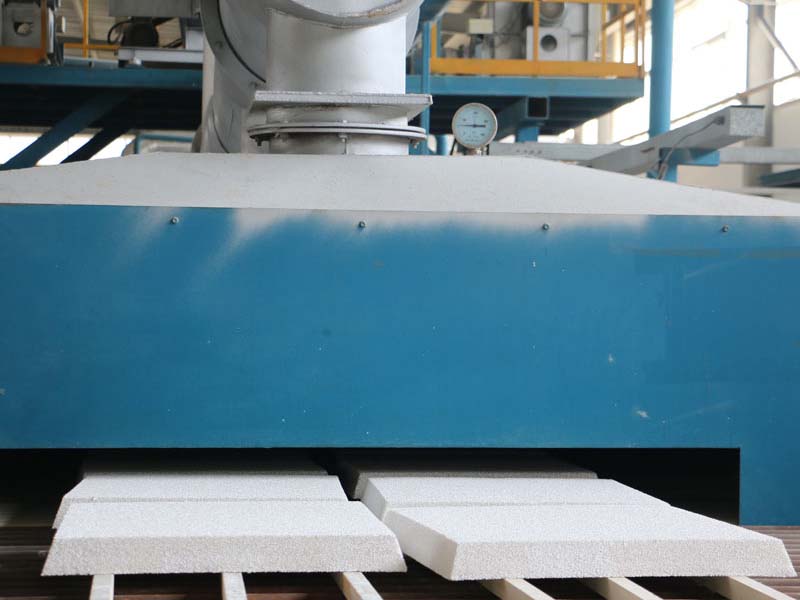
Ideal material requirements for ceramic foam filter materials
1. High thermal shock resistance-during preheating or molten metal contact, the material must not crack or peel off. When the material is installed in the filter bowl, it should have a low thermal expansion rate to minimize lateral compression stress.
2. Corrosion resistance: The filter material should not react significantly in the expected application range (time, temperature, alloy content), and must maintain the wettability of molten aluminum and its common alloys.
3. Sufficient bending and compressive strength
4. Production economy.
5. The used filter material must be safely handled and disposed of.
6. Low density or light weight, making the casting pit operator easy to operate

